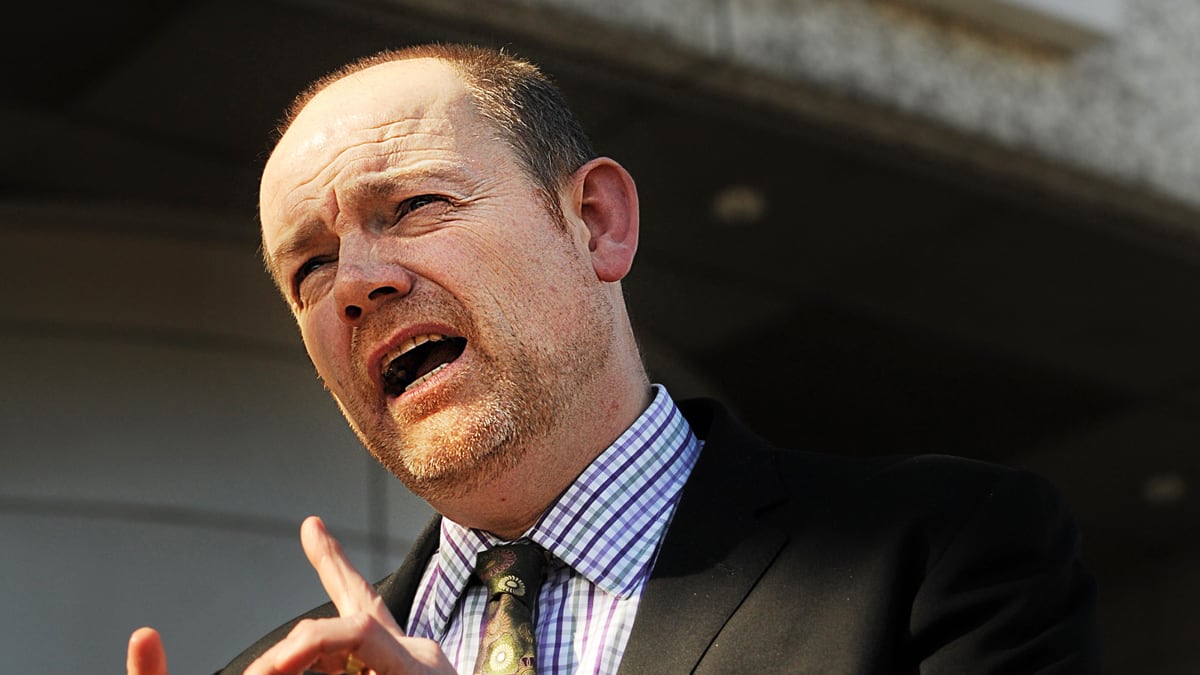Archive
Ben Stansall / Getty Images
Mark Thompson, New York Times’ Latest CEO, Faces Rocky Start
No Honeymoon
Mark Thompson faces a contract battle at the Times, and questions over the BBC’s Jimmy Savile sex abuse scandal. By Daniel Gross and Michael Moynihan.

Trending Now






